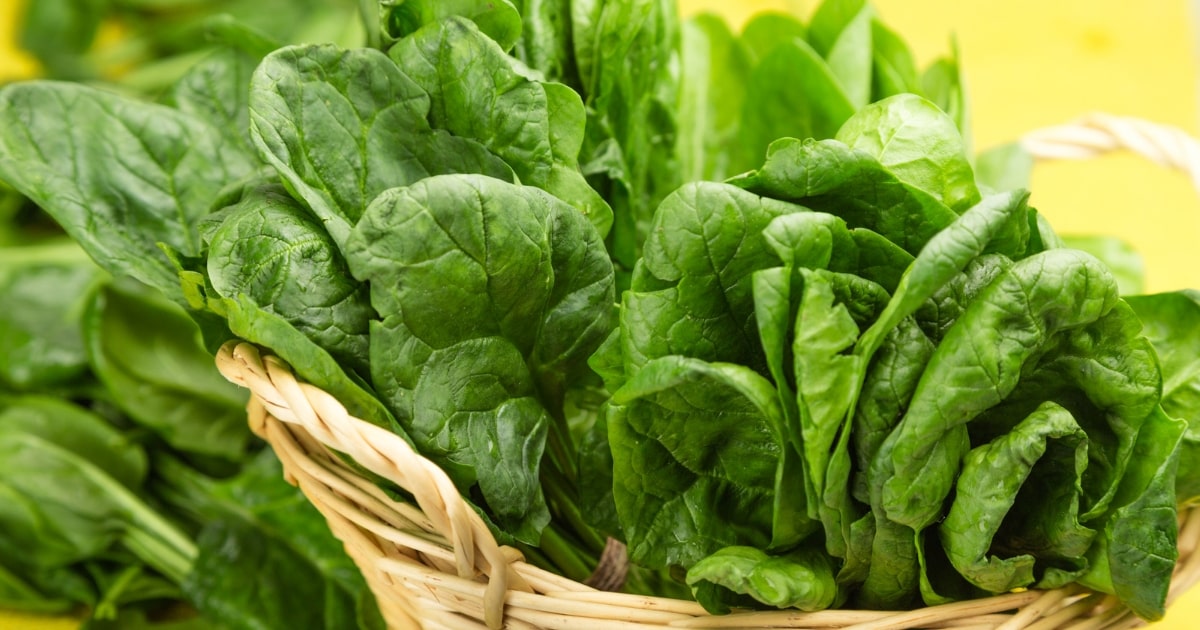In the United States, colon cancer is the third-leading cause of cancer-related death. It is also the third most common cancer in both men and women. Eating green vegetables and fiber has been shown to cut the risk of colon cancer in half in previous studies. Gut Microbes recently published a study looking at the link between spinach, gut health, genes, and the development of colon cancer.

TAMU’s Health Science Center has conducted a new study to reaffirm spinach’s anticancer properties and investigate how the vegetable interacts with gut bacteria and genetics to achieve these benefits.
Colon polyps cannot grow if spinach is consumed regularly. Only 10–15% of all cases of colorectal cancer are hereditary familial. Furthermore, colorectal cancer develops in 5–10% of all polyps.
The new research examines the value of spinach for people with familial adenomatous polyposis, a hereditary form of colorectal cancer.
Familial adenomatous polyposis results in the development of a large number of benign colon polyps, sometimes in the tens of thousands. In most cases, surgery to remove the colon is required, followed by the use of potentially toxicTrusted Source nonsteroidal anti-inflammatory drugs (NSAIDs) to prevent polyps from growing in the duodenum.
After 26 weeks of feeding frozen spinach to rats with familial adenomatous polyposis, the researchers were able to draw some interesting conclusions. Spinach consumption, according to the findings, may slow polyp growth, preventing the need for more aggressive treatment.
TAMU’s Integrated Metabolomics Analysis Core (IMAC) founder Arul Jayaraman, described the study as “one of the most comprehensive metabolomics analyses of its kind, especially in the context of cancer prevention by a whole food: spinach.”
Senior investigator Dr. Roderick Dashwood shared with the Medical News Today his advice for people to start eating spinach as soon as possible as a preventive measure against colon cancer.
“You shouldn’t wait until polyps arise in order to start to do these sorts of preventative things,” Dashwood said.
Spinach has more health benefits
Additionally, spinach contains a number of nutrients that protect the cardiovascular system. There’s evidence to suggest that eating spinach can help prevent cardiomegaly. Spinach is also a good source of vitamin K1. Glutathione, which is abundant in spinach and aids in the body’s antioxidant pathway, and addresses oxidative stress while boosting immune function.
Folate, a vitamin found in spinach, also helps lower homocysteine levels in the body, which can lead to plaque buildup in the arteries. Foods rich in Folate have also been shown to lower uric acid levels.





